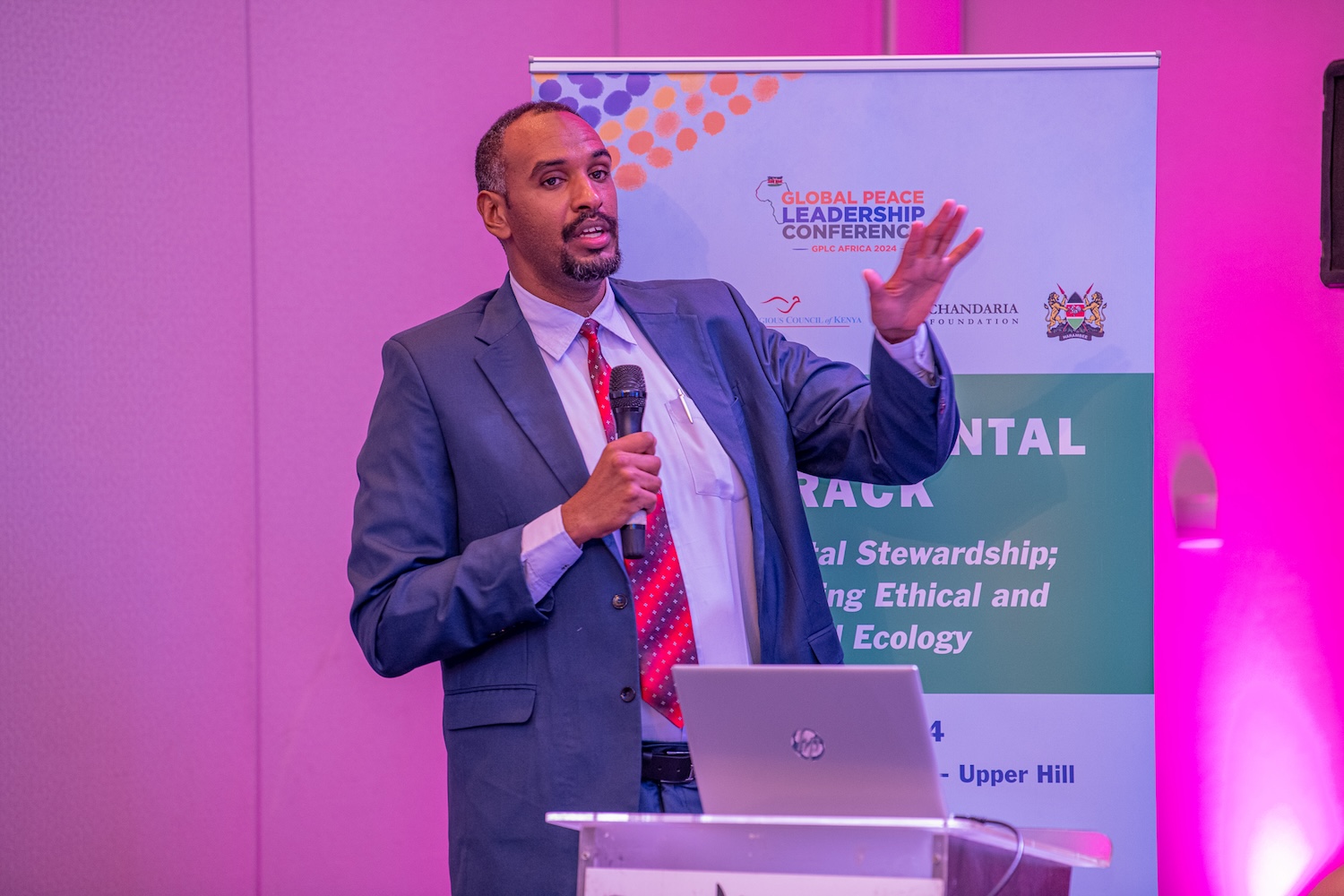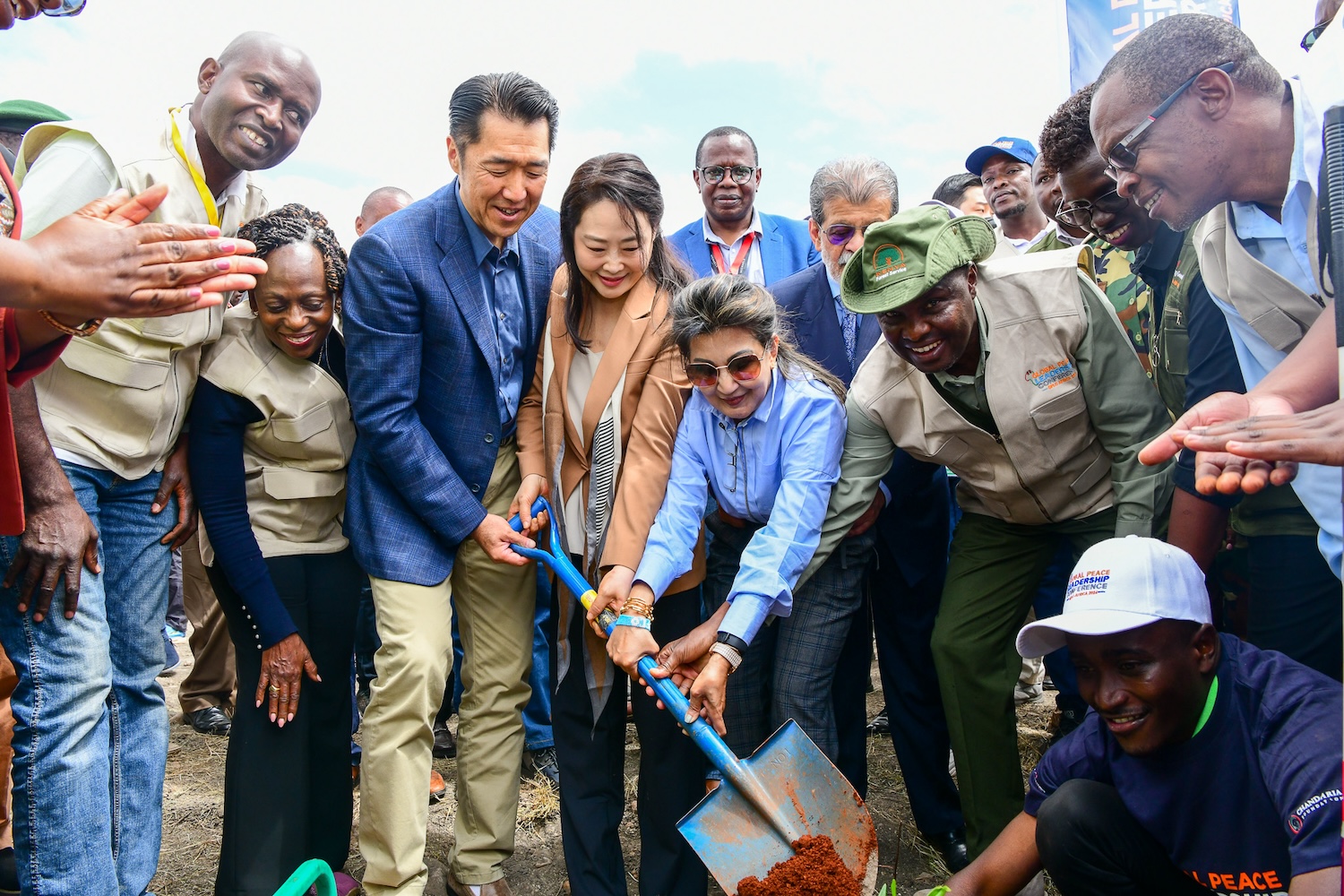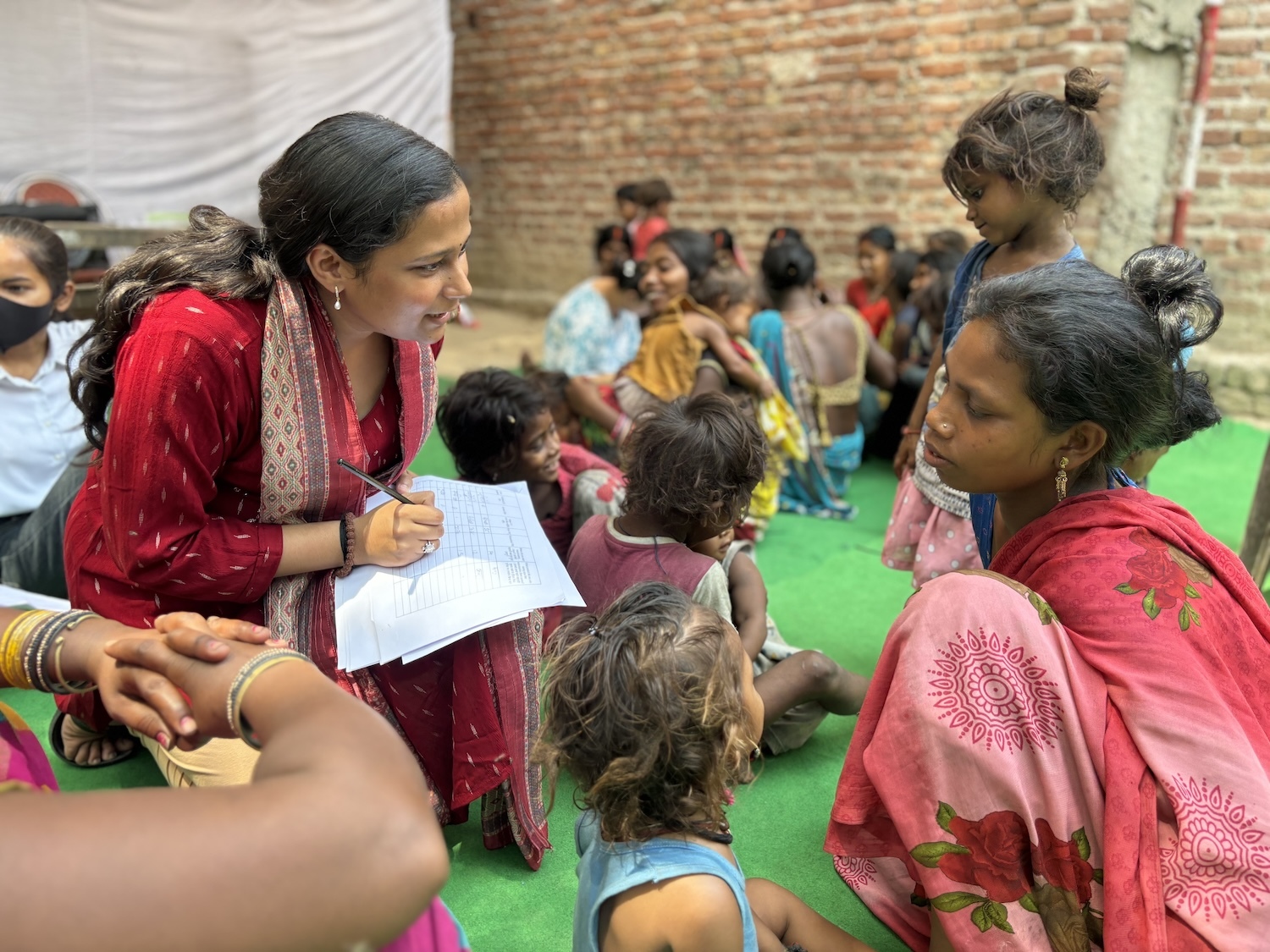The 2nd Foreign Policy Development Forum was held at the Lawmakers’ Center in Yeouido.
The forum theme was “Assessing International Student Policy and Korea’s Global Standard Gl Study Project.” 300 international students and officials from government, civic organizations, enterprises and educational institutions attended.
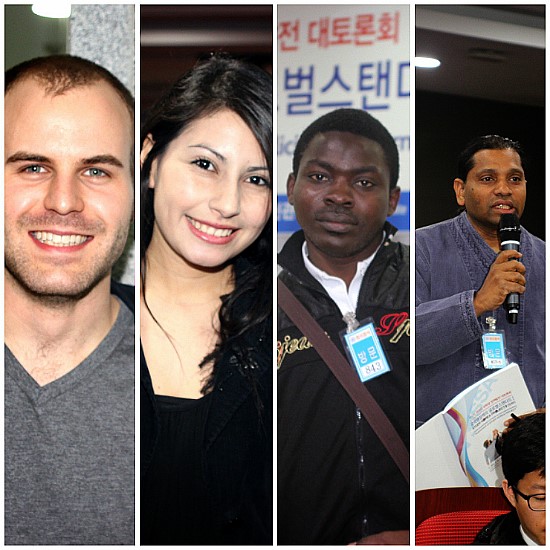
4 out of the 300 students, officials from the government, enterprises, and educational institutions that attended the forum.
The forum is co-hosted by KISSA and the National Assembly Dajung-dagam Forum. Jasmine Lee, head of National Assembly Dajung-dagam Forum, and first foreign-born, Filipino-Korean lawmaker in Korea, address the forum.
Jasmine Lee appeared in the movie Wandeugi, a major hit in 2011, as Wandeugi’s mother. During the 19th general election she won a legislative seat in government. Currently she is involved in various activities to foster multi-culturalism in Korea, as well as assisting international students.
Jasmine Lee in WandeugiIn the midst of her busy schedule, Mrs. Lee attended the forum and listened to the international students list out their issues. She even had time to chat and take photos with the students during break.
Usually lawmakers come across as formal and stern, but Jasmine Lee was welcoming and full of smiles. After an interview with Arirang TV, she gladly accepted an interview with GPF.
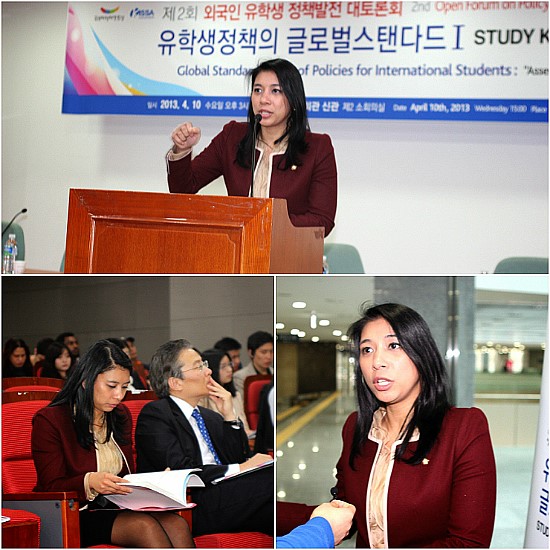
The friendly and enthusiastic Jasmine Lee
Jasmine Lee, head of National Assembly Dajung-dagam Forum, said the government’s ‘Study Korea 2020 Project’ goal is to host 200,000 international students by 2020. She said it was a great opportunity for Korea.
With Ms. Lee’s passion, it is likely that by 2020, that there will be not 200,000 but 300,000 or 400,000 international students studying in Korea.
Prior to the forum, an international student job expo was held.
Representatives from businesses like Kimpo International Airport Outlet and the Korea Trade Association distributed job information. Employment is a major issue. Some students completed their resumes on site.
The All-Lights Village Project booth was extremely popular. At first, students wondered what the booth was displaying. But students got to try solar-powered lanterns and get information about GPF’s All-Lights Village Project that has expanded to the Philippines, Malaysia, and Kenya.
People expressed interest in distributing solar-powered lanterns to poor neighbors. It was moving to see that peace is a shared concern for everyone that transcends language, race, or culture.
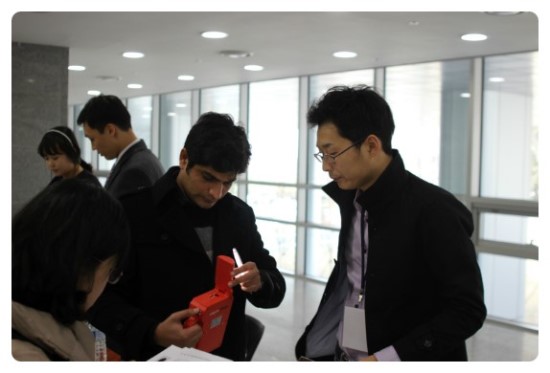
The Alllights Village Project was a big hit
It was wonderful to have 17 ambassadors to Korea attended the forum at the Lawmakers’ Center to hear the concerns of the international students.
Present were Ambassadors from Canada, Netherlands, Nepal, Afghanistan, Honduras, and East Timor attended. They were keen to hear what international students from their home countries felt about their experience studying in Korea.
The Nepalese Ambassador took the podium and told the audience that Nepal has 200 students who have studied in Korea, and that they are significant contributors to better Korea-Nepal relations. Everyone applauded when he pledged to encourage more Nepalese students to study in Korea in order to foster closer ties between the two countries.
Each Ambassador stayed for the duration of the forum that lasted from 3 to 6 pm, taking meticulous notes when students from their nation spoke. It Their contribution to the issues will be important.
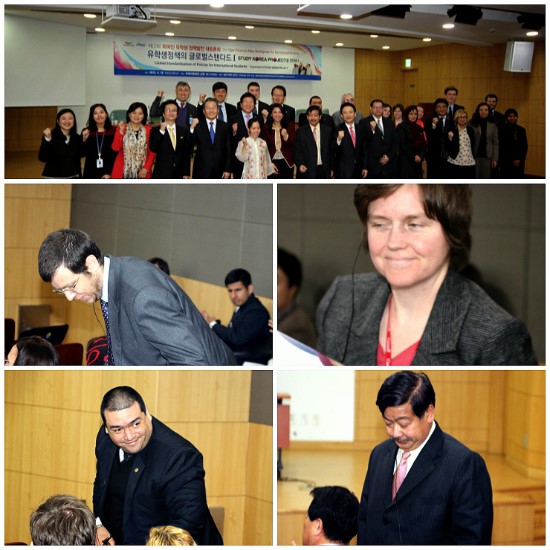
7 ambassadors to Korea attended the forum
The highlight of the forum was the international students openly addressing and formulating solutions to the challenges of their lives in Korea. In a way it was Shimoongo (incident-based reporting system) for international students.
Most students were generally satisfied with their experience in Korea, but agreed that greater government effort needs to be made in order to reach the goal of 200,000 international students by 2020.
One particular international student from Pakistan brought up the particular considerations that Korea need to make for Muslims.
He commented that Korean society particularly difficult for Muslim international students who do not consume pork or meat that is not Halal, a process of slaughtering the meat in accordance to Islamic law. He added that if there were more mosques beyond the ones in Seoul and Busan, it would attract more international students from Islamic countries.
Also present were international students who had graduated from universities in Korea and remained to work at local companies. They shared the difficulties they faced while studying in Korea and expressed their hopes that future international students could study in improved environments.
(Original post appear on the GPF-Korea Blog.)

